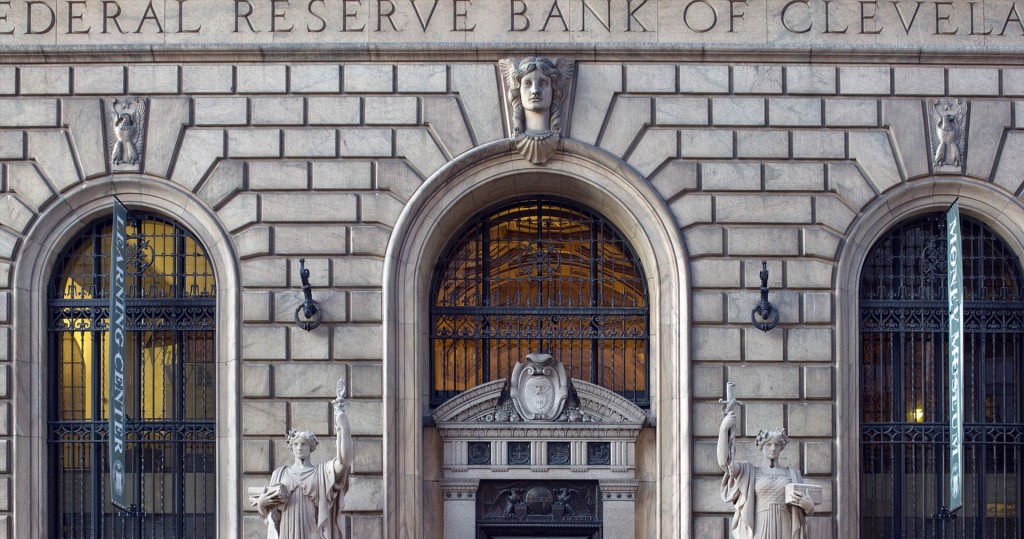The Federal Reserve is ready to reduce its $4.5 trillion balance sheet of mortgage-backed securities, government bonds, and other assets carried over from the financial crisis. Even though the Fed did not raise interest rates in its September policy meeting, it hinted it could still do so before the year’s end. If this happens, it would be the third hike this year.
According to CoStar, “The Fed also indicated that it expected a steady rise in federal funds rate in the coming years, including a possible hike of 25 basis points in December that would take the benchmark rate to a range of 1.25% to 1.5%.”
The improving labor market and increased economic activity is encouraging the Fed to trim its balance sheet and raise interest rates. The Washington Post has said the Fed aims to bring the interest rate to above 2 percent by end of 2018. Consequently, a series of rate hikes is not surprising with three more anticipated during 2018.
There is always a fear among real estate investors that rising interest rates might cause a decline in property values, therefore generating weaker returns and lower cap rates. Historically, this is not always the case. Property performance often stays strong in face of rising rates.
A study by TIAA released during initial Federal Reserve interest rate hike in February 2015 showed rising interest rates have minimal impact on the NCREIF Property Index (NPI). The report concluded, “historical data show that changes in Treasury yields do not necessarily result in changes in cap rates. Even assuming lags between interest rate and cap rate changes, analysis found no statistically significant relationship between the two variables.”
Remember the relationships between interest rates and cap rates is complex. A local market’s cap rate is impacted by more than just moves by the Federal Reserve.
If anything, the National Real Estate Investor (NREI) believes the interest rate increases have a greater impact on deal volume than cap rates. Uncertainty with government policy, and now with new tax plan draft on the table, will weigh heavier with real estate investors ready to buy or sell assets than cap rates.

